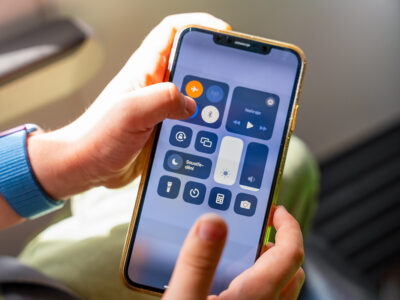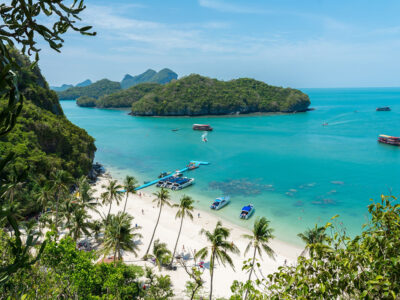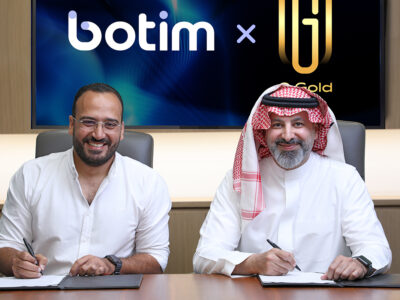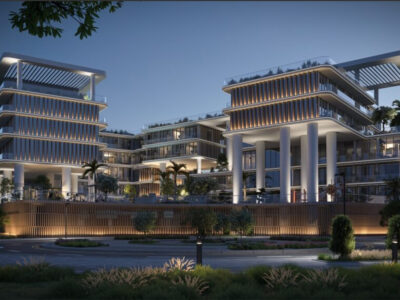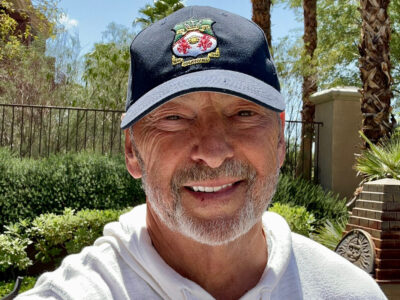In a heavily technologically driven era, a countermovement is gaining significant traction: voluntary disconnection. Darkness retreats and digital detox holidays have emerged as the latest wellness trend, growing in popularity among travellers and wellness enthusiasts worldwide, especially among the wealthy.
These practices range from “phone-free” holidays to more intensive darkness retreats, and are rising in popularity around the world, with significant interest also seen in the Middle East.
Understanding darkness retreats
Darkness retreats involve spending extended periods, typically ranging from a few days to two weeks, in completely dark environments with minimal external stimulation. Historically, variations of darkness practices have existed in different traditions, including certain religious practices and elements of various cultures.
Modern darkness retreats typically provide participants with basic accommodations in lightproof environments. Participants generally receive simple meals and have minimal contact with staff. The stated purpose is to reduce sensory input, potentially allowing for deeper states of rest, meditation, or introspection.
Digital detox options
Less intensive than darkness retreats, digital detox experiences have appeared in various forms within the hospitality industry. These range from hotels that simply don’t provide televisions or WiFi, to programmes where guests voluntarily surrender their electronic devices for a predetermined period.
Some wellness resorts offer structured digital detox programs that combine device-free time with activities like outdoor recreation, meditation, or creative pursuits. These programs typically frame disconnection as a way to reduce stress and improve attention.
The wellness industry has noted a fundamental shift in how people perceive luxury, with silence and disconnection becoming highly valued experiences in a hyperconnected era.
According to a recent Hilton 2025 trends report, nearly one in four travellers avoid answering calls, texts or emails from work when while on vacation, even more than the past.
Additionally, one in four travellers revealed that they limit time on digital devices while on vacation. 24 per cent also revealed that they power down and turn off social media during vacation.

The science of disconnection
Research on the specific effects of darkness retreats remains limited, though broader research exists on sensory deprivation and meditation practices. Some preliminary studies have examined how reduced sensory input might affect stress levels, sleep quality, and attention.
More established research has documented certain effects of excessive screen time and digital connectivity, including potential impacts on sleep, attention, and stress levels. However, the specific benefits of structured disconnection programmes versus simple lifestyle adjustments remain an area of ongoing investigation.
The demand is particularly prominent among the wealthy, who are increasingly seeking curated phone-free holidays to disconnect from the hustle and bustle of daily life.
In an exclusive interview with Arabian Business in Febuary, Abhishek Dadlani, founder of luxury travel curating company – Lushescapes, said: “There is something which is called the silent travel or wellness, which we are doing in a very big way. People are coming to us and they really want to shut off.”
“We are taking them to places where phones are not allowed at all,” he said.
The company has been serving clients with a net worth of over $50m, including celebrities, legacy families and entrepreneurs for over 16 years.
“You have people who really want to shut off and they don’t want to do anything with anybody. When we’re creating silent travel, it is in its true sense, they are actually leaving their phones in Dubai, and we have our mechanism to interact with them, if they need us,” detailing the meticulousness involved and the commitment to a full phone-free retreat.
Travellers are contacted with methods such as handwritten notes and postcards, if required.
While wellness tourism exists globally, different regions have developed distinctive approaches based on local traditions and market demands. Luxury wellness experiences, including various forms of retreats, have emerged in destinations across North America, Europe, Asia, and increasingly, the Middle East.
The UAE has developed a general wellness tourism sector as part of its broader tourism industry, with various resorts and facilities offering wellness programming. As with many global tourism destinations, the UAE’s wellness offerings continue to evolve based on market interests and global trends.
Medical tourism analysts have noted an increase in travellers citing wellness and disconnection as motivations for visiting various destinations, including the UAE, in recent years.
The UAE’s wellness tourism sector has experienced growth, with expenditures increasing from AED7.7 billion ($2.1 billion) in 2020 to AED19.8 billion ($5.4 billion) in 2022. This surge is attributed to both individual travellers and corporations prioritising employee health through overseas medical treatments.
The wellness tourism industry represents a significant global market, with various segments including spa tourism, retreat experiences, medical tourism, and fitness travel. Disconnection experiences constitute one of many approaches within this broader industry.
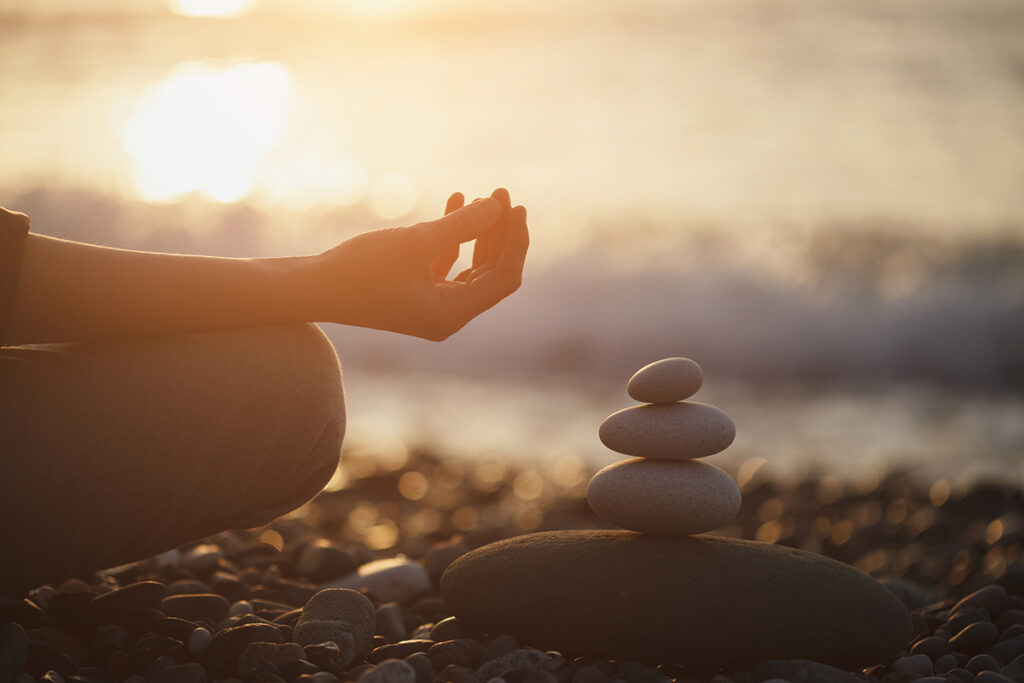
Dubai, in particular, has become a sought-after destination for health-conscious travellers, offering a range of world-class spas, wellness centers, and health facilities. The UAE government has actively supported the growth of the wellness sector through initiatives like the Emirates Health Services Innovation Strategy 2023–2026 and the National Strategy for Wellbeing 2031. These strategies aim to enhance the country’s healthcare infrastructure and promote wellness tourism.
Premium wellness experiences, including various forms of retreats, typically command higher price points than standard accommodations, making them primarily accessible to higher-income travellers. The economic viability of specialised retreat facilities depends on maintaining this premium positioning.
Ajman is home to a dedicated health and wellness resort that offers personalised retreat experiences, designed with specialised facilities, equipment, programmes, and expert staff to support individual wellbeing goals.
For the founder, Ameer Said, the concept was born from a deeply personal experience for who was inspired to create a preventative approach to health after losing both his wife and mother to cancer.
“Thus, ZOYA Wellbeing was born — out of a determination to address the ailments of the modern world, to be preventative rather than curative, to do without the need for medication and assistance, and to create a special space that protects, nourishes and invigorates mind, body and soul,” he said on the official website.
Programme rates begin at AED750 per night, with the length of stay varying depending on the chosen retreat. The resort’s signature programme, which requires a minimum stay of five nights, offers a holistic approach combining detox, weight management, immune system support, anti-ageing therapies, nutritional advice, and musculoskeletal care.
Each package typically includes doctor consultations, various therapies, fitness training, IV drips, full spa access, and more.
ZOYA Wellbeing also offers a variety of other tailored programmes addressing needs such as detoxification, mental and physical rejuvenation, weight loss, and cancer support.
There are several facilities that specifically cater to health and wellbeing, located all around the world. As interest in wellbeing continues to grow, various forms of retreat experiences will likely continue evolving.
